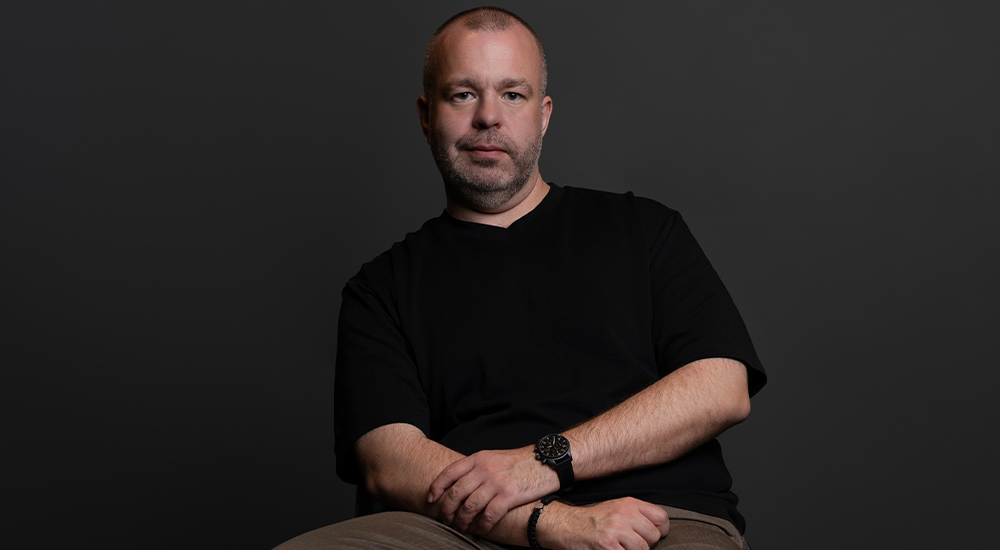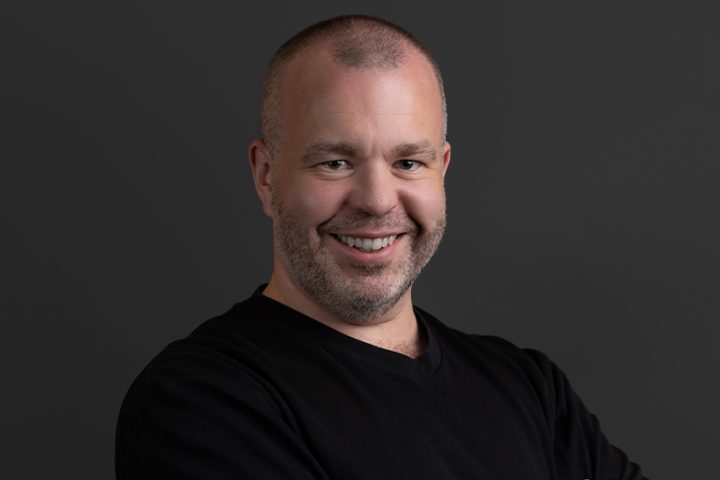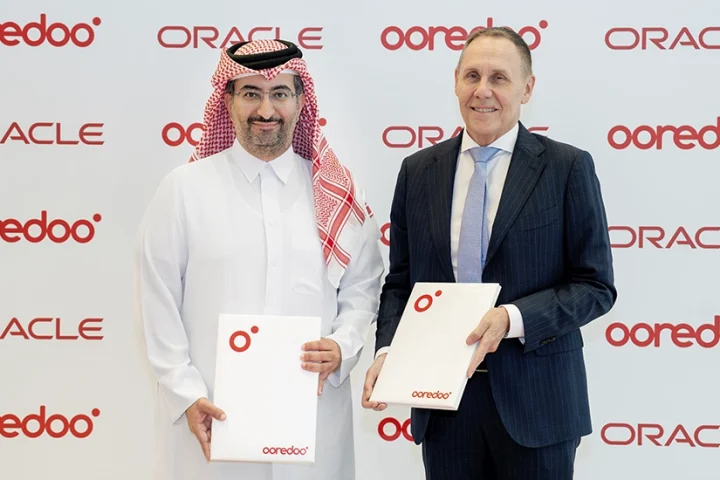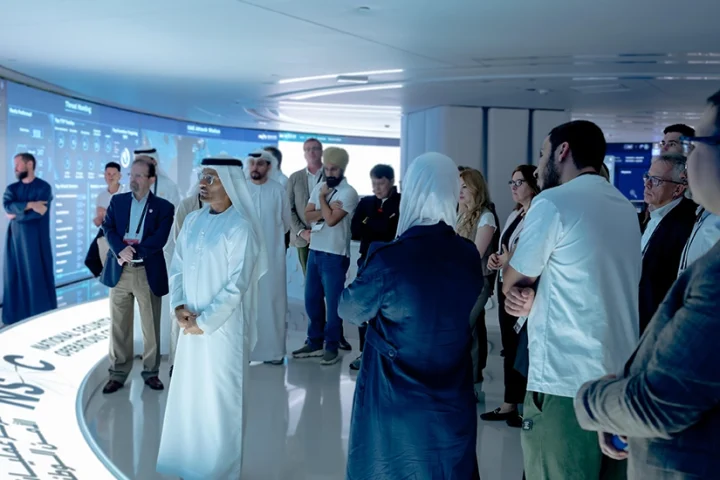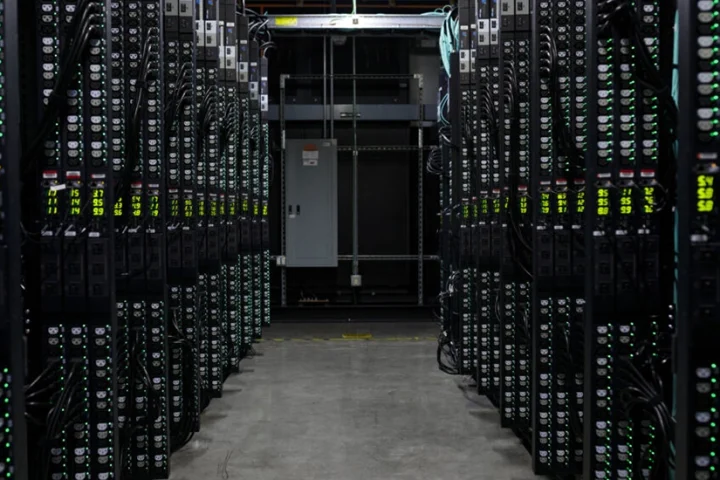The availability of increasingly sophisticated artificial intelligence (AI) tools and models will see coding, like many other forms of knowledge work, disappear faster than we ever imagined. Most recently, OpenAI’s o3 model is pushing the boundaries of AI and redefining the possibilities of automation. Critically, this should not be seen as a signal for businesses to reduce their human input. Instead, it is about enhancing the skills of their workforce and embracing a future where smaller, highly specialised teams can deliver extraordinary results.
Redefining the team dynamic
Firstly, the way we think about talent must evolve. Running a company in today’s AI age is similar to managing an elite sports team. Success demands a great lineup of versatile players (employees), each contributing unique strengths but united in their commitment to shared goals. And like in sports, no one can rest on their laurels. No person is ever better than how they have performed in the last season (previous project).
At Ombori, we have already seen the value of this approach. Over the past year, we have been deliberate in assembling a team that is not singularly focused on tasks like coding but excels in collaboration, creativity, and delivering customer value. These are the qualities that make us resilient in the face of rapid technological change. As a result, our performance as a company has benefitted. However, we believe that this is just the beginning.
Focusing on delivering value
OpenAI’s o3 model highlights how coding is no longer the bottleneck it once was. The new model’s capabilities—from excelling at complex mathematical reasoning to demonstrating world-class performance in coding competitions—means that AI can take over many of the technical challenges that used to take up time from skilled human resources.
This does not mean skilled workers are being sidelined. On the contrary, it means their time can now be redirected to higher-value activities, like creating exceptional customer experiences, innovating to develop new solutions, and delivering business impact. By leveraging AI tools, businesses can empower their teams to do more with less, significantly improving their output without increasing headcount.
The focus now is therefore on upskilling people. Businesses must prioritize equipping their teams with the knowledge and tools to harness AI effectively. This is all about empowering employees to evolve alongside the technology.
A nimble team
One of the most exciting opportunities AI presents is the ability for small teams to compete with, and even outpace, larger organizations. With o3’s advancements in problem-solving and task adaptability, a small, agile group of talented individuals can achieve what once required sprawling departments.
But this kind of success does not happen by accident. It requires a deliberate approach to building and managing teams. For instance, at Ombori, we focus on recruiting individuals who are not just skilled but also curious, adaptable, and genuinely passionate about our mission. These are the people who thrive in an environment where AI takes care of repetitive tasks, allowing them to focus on creating meaningful value.
Embrace change
As the tech landscape continues to transform, businesses must embrace a mindset of constant evolution. While powerful, the o3 model should also be seen as a reminder that the future belongs to those who adapt. For companies, this means investing in their people to lead the way in innovation and making a demonstratable impact on the customer experience.
By leveraging tools like o3 and fostering a culture of adaptability, businesses can achieve remarkable things with smaller, more focused teams. The message is clear: AI is not here to replace us. It will elevate us and push us to think bigger, move faster, and deliver better


